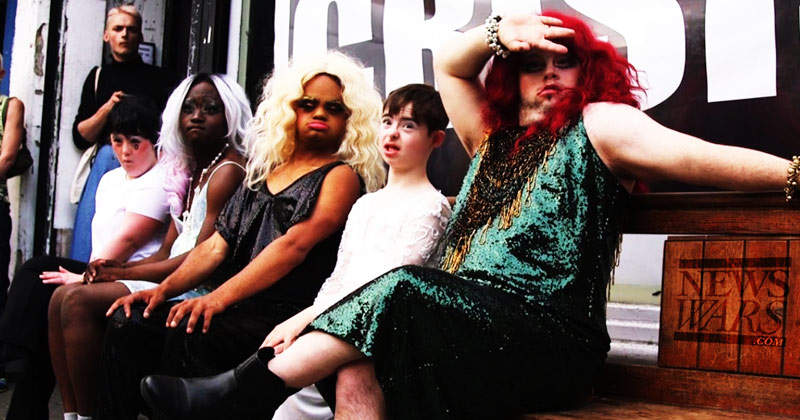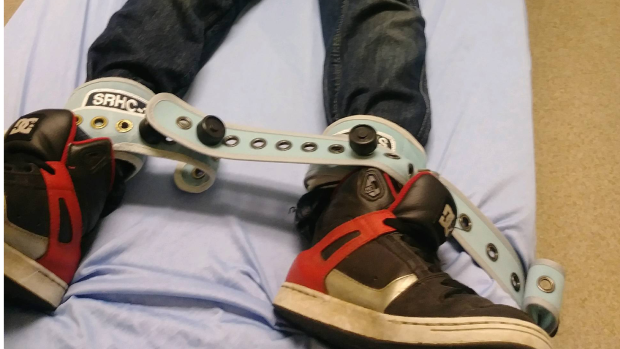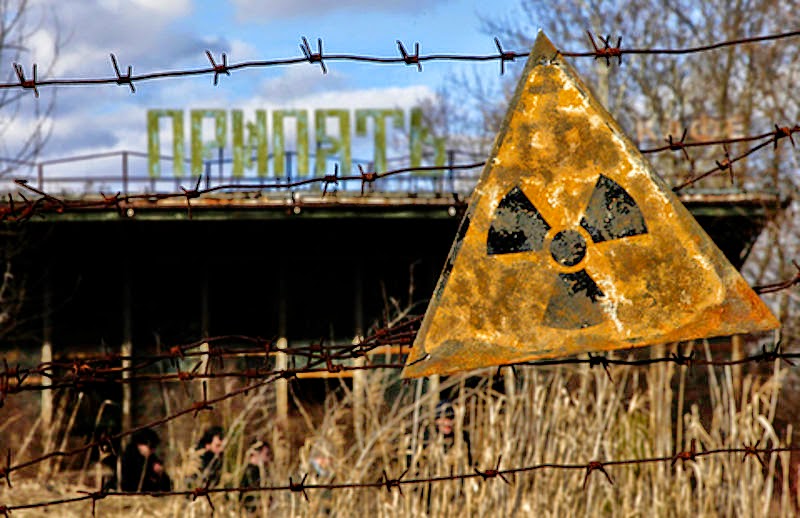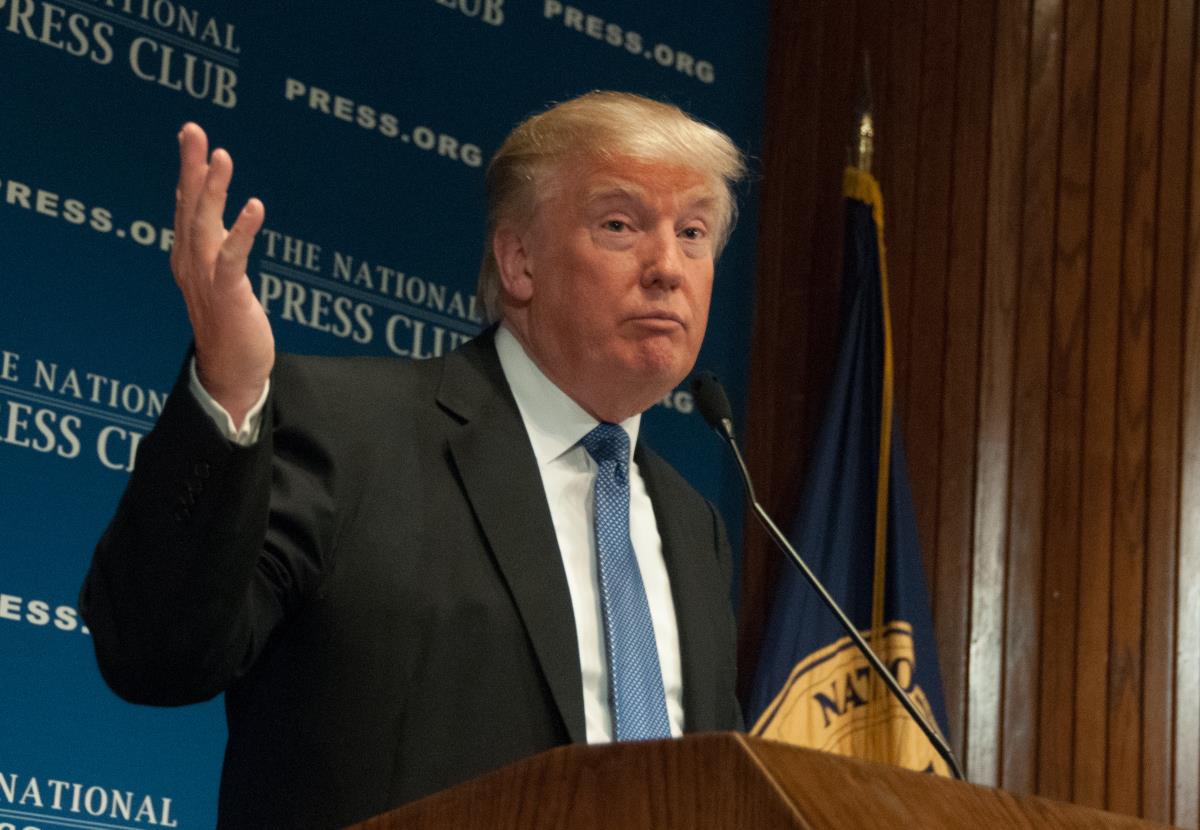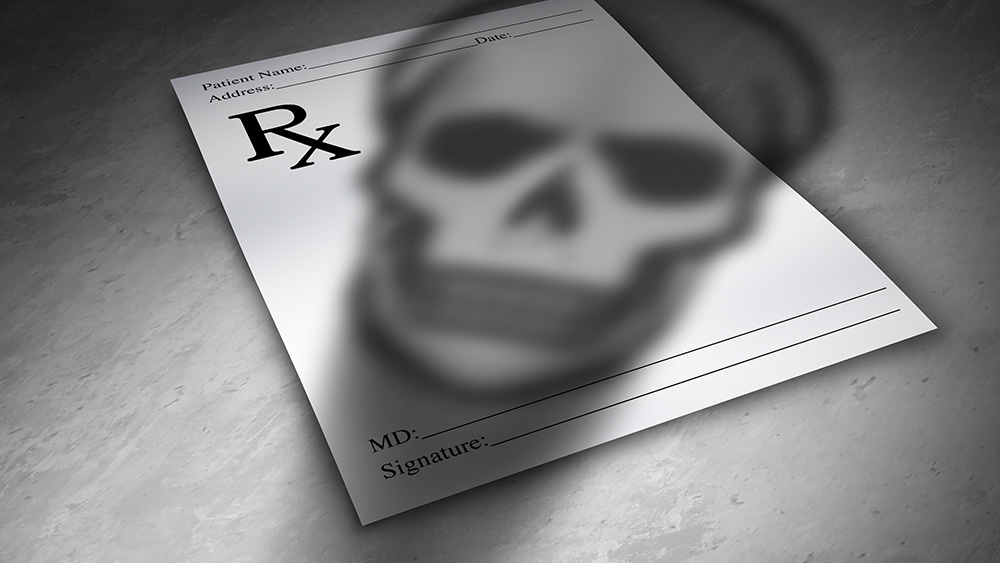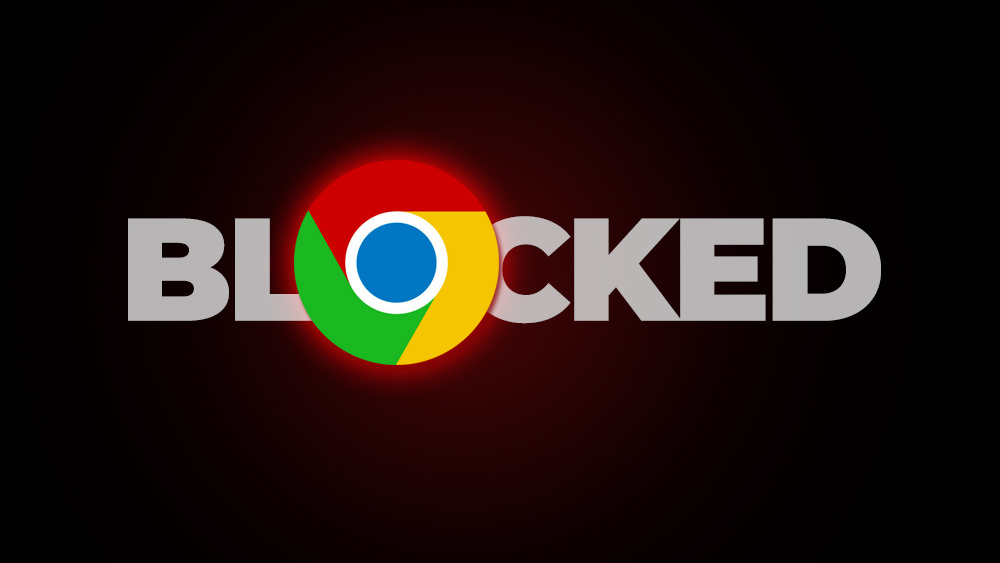Generic drug companies conspired to fix drug prices and rake in billions by cheating customers, lawsuit says
02/10/2019 / By Isabelle Z.

The business practices of Big Pharma are abhorrent, but some people manage to avoid falling victim to the inflated prices of brand-name medications by getting generic pills. Unfortunately, that is looking less and less like a viable alternative as more information about extensive price fixing among generic drug companies comes to light. Now, the makers of generic pills are facing a federal antitrust case brought about by 45 different states.
The attorneys general of the states in question are accusing nearly 20 generic drug makers of illegally collaborating to hike the prices of their drugs. According to the suit, which was first reported by Business Insider, employees at rival firms conspired in close communications about ways to increase their prices on drugs used to treat conditions like diabetes, insomnia, anxiety, heart failure, and epilepsy.
Their actions saw the prices of common drugs rise by 1,000 percent or more, with patients and taxpayers footing the bill. The lawsuit alleges they violated federal and state laws related to competition and consumer protection.
In one example mentioned in the civil suit, New Jersey drug company Heritage Pharmaceuticals contacted a rival’s vice president to “discuss strategy” related to how the price for a bone disease drug should be set. They found out how the rival was setting the price for its version of the medication and talked about how they could divide up the market to limit competition.
The lawsuit accuses some major pharmaceutical companies of this type of behavior, including Mylan, Novartis and Teva. Employees allegedly communicated via emails, text messages, phone calls and LinkedIn to find ways to hike the prices of a variety of generic medications. A criminal investigation by the U.S. Department of Justice is also underway.
Two of the higher-ups at Heritage Pharmaceuticals, former president Jason Malek and ex-CEO Jeffrey Glazer, have already pleaded guilty to charges including price fixing, anti-competitive conduct, and bid-rigging in different criminal actions and are reportedly cooperating with investigators.
A better alternative?
These cases have cast generic drugs in a very negative light. As cheaper versions of brand-name meds that are made once their patents expire, they are considered by many to be a better alternative to their higher-end counterparts. Generic drugs have generally escaped the scrutiny and criticism lobbed at brand-name pharmaceuticals over their pricing practices and have been thought of as a market-based way of bringing down high drug costs through competition. Unfortunately, when generic drug makers are colluding to undermine this type of competition, everyone loses.
The lawsuit alleges that the generic drug manufacturers used their own type of inside terminology to refer to their collusion. For example, they talked about “playing nice in the sandbox” when referring to complying with their price fixing arrangements, with all drug makers expected to agree on drug prices and ensure everyone made a tidy profit.
According to the suit, Malek contacted Teva about a drug used for epilepsy, glaucoma and heart failure known as acetazolamide ER. The two firms ended up taking almost 80 percent of the market for this drug, and the attorneys general who brought the suit about say that Malek and the Teva employee agreed that if Heritage raised prices, Teva would do the same or at least agree not to try to take their customers by underbidding them.
They also discussed raising the price of an antifungal medication known as nystatin. This eventually led to Teva doubling the drug’s price after sharing information with its two main rivals for the medication. After receiving a text message complete with a smiley face informing them of the plan, Sun Pharmaceutical then raised its own price of the drug.
An employee of Sun also contacted Heritage to say they would temporarily stop manufacturing an antibiotic, paromomycin. In response, Malek instructed another Heritage employee to raise the price of the drug as Sun was its only competitor for that particular medication. The lawsuit also alleges that Heritage and Mylan worked together to keep the price of an acne drug, Doxy DR, high.
Yet another reason natural medicine is preferable
Generic drug makers saw shares drop sharply earlier this month on the news that the lawsuit had expanded into a huge probe into price fixing throughout the industry, encompassing more than 300 drugs.
An assistant attorney general in Connecticut, Joseph Nielsen, said: “This is most likely the largest cartel in the history of the United States.”
In one example cited in a report about the developments, the price of a common asthma medication was raised by 3,400 percent. With generic sales totaling roughly $104 billion this year alone, overbilling even a small fraction of these sales would amount to billions of dollars in extra costs for patients.
Whether you buy brand-name drugs or generic pills, being at the mercy of profit-obsessed pharmaceutical companies is always a losing proposition. It’s not just your wallet that’s at stake; many of their so-called “solutions” cause side effects that keep you coming back for more and more drugs to treat problems you never had in the first place. That’s why natural treatments are so popular these days – they’re typically safer, more effective, and a lot cheaper than drugs made in a lab.
See PrescriptionDrugs.news for more news coverage of Big Pharma’s mass medications.
Sources for this article include:
Tagged Under: bad doctors, Big Pharma, Collusion, corruption, generic drugs, Heritage Pharmaceuticals, lawsuit, market monopoly, Novartis, Prescription drugs, price fixing, Sun Pharmaceutical, Teva
RECENT NEWS & ARTICLES
COPYRIGHT © 2017 MEDICAL EXTREMISM

